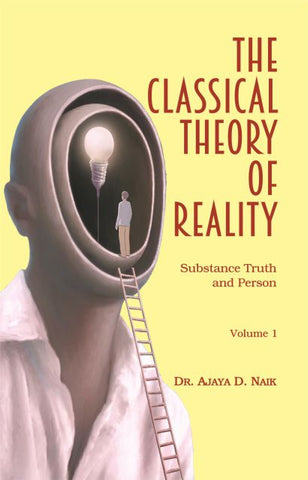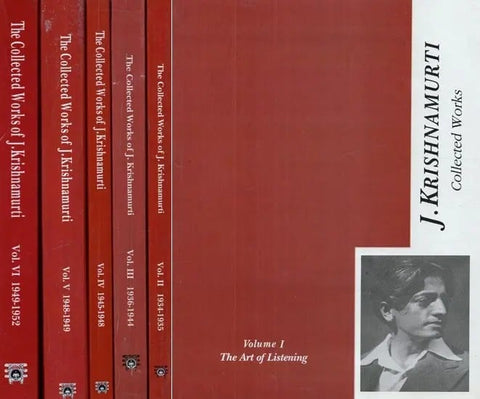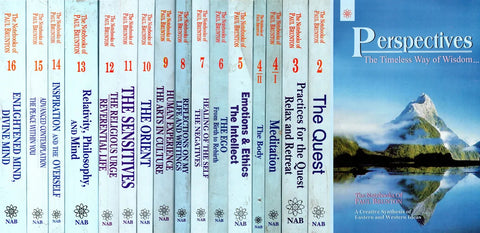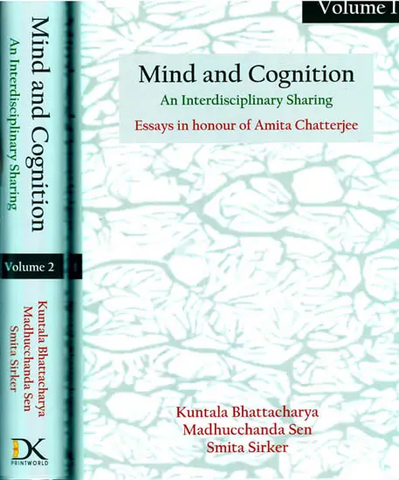Your cart is empty now.
Delve into the sages of the "inward journey" from the mere self to the highest Self. The light of life is always in you, according to author Sri Swami Rama. You need to search for it through study and practice. He has this to say:
·"No one can give you anything; you have to light your own lamp. Nobody gives you salvation. Do not become dependent upon any external resource, for no one has the power to give you salvation if you do not want it and will not work for it. You should have a burning desire for salvation. You should have a wick, oil, and a lamp to light the flame, and then there will be light."
"The Philosophy of Life," Chapter 1
·"
learn to live in the world and yet remain unaffected. A lotus does exactly that: it grows out of the mud, but it remains unaffected by the mud. This whole world is a muddy swamp, and if you are born in the swamp, you have to learn to live in it. The way to do that is to keep your petal above, unaffected and untouched. That is why the symbol of yoga and meditation is the lotus."
"Transforming Negative Thought Patterns," Chapter 3
·"Above all else, remember this one thing: it is easy to meet that Infinity within - to attain this awareness, you just have to be silent and quiet."
"Conclusion," Chapter 12
Sri Swami Rama, the founder of the Himalayan International Institute of Yoga Science and Philosophy, was raised in the Himalayan cave monasteries and ordained a monk in early childhood. He studies Western psychology, philosophy, and medicine in Europe and taught in Japan before coming to the United States in 1969. Here he founded the Himalayan Institute to create a bridge between the ancient teachings of the East and the modern scientific approaches of the West.
About the Author
Born in 1925 in northern India, Swami Rama was raised from early childhood by a great yogi and saint of Bengal who lived in the Himalayas. In his youth, he practiced the various disciplines of yoga science, and philosophy in the traditional monasteries of the Himalayas and studied closely with many spiritual adepts, including Mahatma Gandhi, Sri Aurobindo, and Rabindranath Tagore. He also traveled to Tibet to study with his grandmaster.
He received his higher education at Bangalore, Prayaga, Varanasi, and Oxford University, England. At the age of twenty-four, he became Shankaracharya of Karvirpitham in south India, the highest spiritual position in India. During this term he had a tremendous impact on the spiritual customs of that time: he dispensed with useless formalities and rituals, made it possible for all segments of society to worship in the temple, and encouraged the instruction of women in meditation. He renounced the dignity and prestige of his high office in 1952 to return to the Himalayas to intensify his meditation practices.
After completing an intense meditative practice in the cave monasteries, he emerged with the determination to serve humanity, particularly to bring the teachings of the East to the West. With the encouragement of his master, Swami Rama began his task by studying Western philosophy and psychology and teaching Eastern philosophy at Western universities. He worked as a medical consultant in London and assisted in Para psychological research in Moscow. He then returned to India, where he established an ashram in Rishikesh. He completed his degree in homeopathy at the medical college in Darbhanga in 1960. He came to the United States in 1969, bringing his knowledge and wisdom to the West. His teachings combine Eastern spirituality with modern Western therapies.
Swami Rama was a freethinker, guided by his direct experience and inner wisdom, and he encouraged his student to be guided in the same way. He often told them, "I am a messenger, delivering the wisdom of the Himalayan sages of my tradition. My job is to introduce you to the teacher within."
Swami Rama came to America upon the invitation of Dr. Elmer Green of the Menninger Foundation of Topeka, Kansas, as a consultant in a research project investigating the voluntary control of involuntary states. He participated in experiments that helped to revolutionize scientific thinking about the relationship between body and mind, an amazing scientist by his demonstrating, under laboratory conditions, precise conscious control of autonomic physical responses and mental functioning, feats previously thought to be impossible.
Swami Rama founded the Himalayan International Institute of Yoga Science and Philosophy, the Himalayan Institute Hospital Trust in India, and many centers though out the world. He is the author of numerous books on health, meditation, and the yogic scriptures. Swami Rama left his body in November 1996.
Contents
| Chapter One | The Philosophy of Life | 1 |
| Chapter Two | Death and Transition | 19 |
| Chapter Three | Transforming Negative Thought Patterns | 41 |
| Chapter Four | Understanding the Mind and the States of Consciousness | 55 |
| Chapter Five | Relationships | 77 |
| Chapter Six | First Steps Toward Self-Transformation | 87 |
| Chapter Seven | Preparing Body and Breath | 103 |
| Chapter Eight | The Power of Determination and Will | 117 |
| Chapter Nine | The Science of Sound | 127 |
| Chapter Ten | Kundalini and the Chakras | 139 |
| Chapter Eleven | Exercises | 165 |
| Chapter Twelve | Conclusion | 183 |
| Glossary | 191 | |
| Index | 197 | |
| About the Author | 201 |
Delivery and Shipping Policy
- INTERNATIONAL SHIPPING
- Rs.1000-1100/kg
- ESTD. Delivery Time: 2-3 weeks (depending on location)
- Bubble Wrapped with Extra Padding
- NATIONAL SHIPPING
- NCR: Rs. 30/half kg
- Standard: Rs. 80/half kg
- Express shipments also available on Request
- ESTD. Delivery Time: Ranging from 1-4 days up to 7 business days (Depending on your choice of Delivery)
- TRACKING
- All orders; national or international, will be provided with a Tracking ID to check the status of their respective orders
- Depending on the Shipping Service, Tracking ID may be used on their respective tracking portals
Frequently Asked Questions (FAQs)
Domestic Shipping: 3-4 Days (after shipping)
International Shipping: 1-2 weeks (based on your location)
You will receive an email once your order has been shipped or you can email us if you didn't receive tracking details (info@mlbd.co.in)
Every book that we sell is the latest edition except all the rare books
Yes, we do provide free shipping, only on domestic orders (within India) above Rs.1500







![A HISTORY OF INDIAN PHILOSOPHY [5 VOLUMES] by Surendranath Dasgupta](http://www.motilalbanarsidass.com/cdn/shop/products/HISTORYOFINDIANPHILOSOPHY_large.jpg?v=1675238163)





